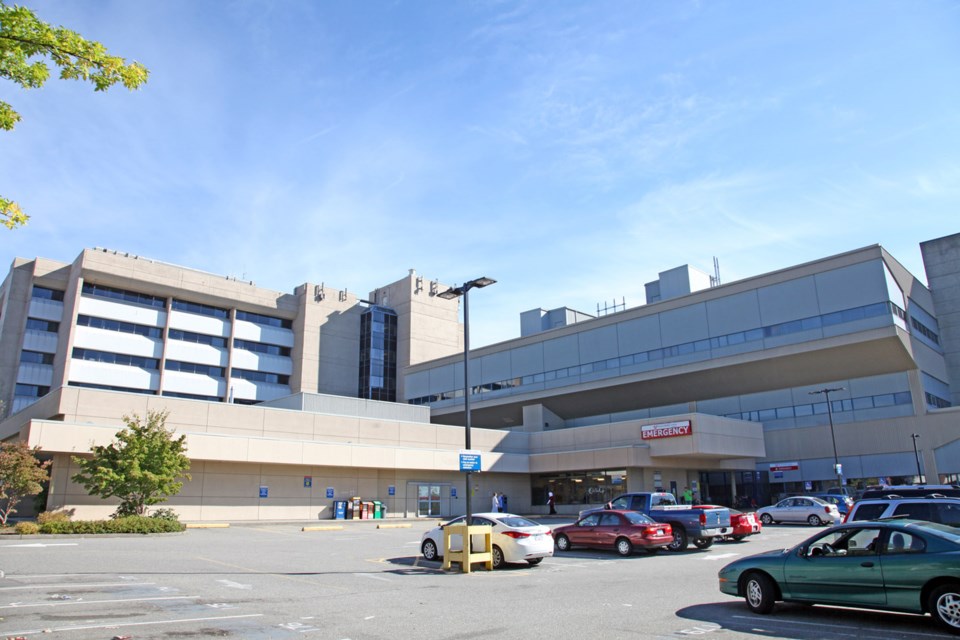Hand washing among health-care providers at Royal Columbian Hospital is up since two years ago, but doctors continue to lag significantly behind their colleagues, according to the latest report by B.C.’s Provincial Hand Hygiene Working Group.
Healthcare workers’ hands are the most common vehicle for the spread of potentially deadly infections – like C difficile and MRSA (Methicillin-resistant Staphylococcus aureus) – around hospitals, according the B.C. Ministry of Health’s Best Practices for Hand Hygiene.
Hand cleaning is considered the best way to combat them.
Since 2011/12, when Fraser Health first started reporting the results of hand-hygiene audits at its hospitals, compliance among Royal Columbian personnel has dipped as low as 45 per cent for some quarters.
In the latest audits, however – for the period between April 1 and June 19 – that number is up to 80 per cent – still two per cent below the provincial average and three per cent below the average for Fraser Health, but up.
Nurses performed the best, with an 81 per cent compliance rate.
Clinical staff, including medical technicians, porters, therapists and pharmacists, were next with a 78 per cent compliance rate.
They were followed by housekeeping, maintenance and food-services staff, along with hospital volunteers, who were observed using proper hand hygiene 75 per cent of the time.
Doctors came in last at 69 per cent, mirroring the provincial average for physicians, compared to 82 per cent for B.C. health care workers overall.
Doctors’ hand-cleaning performance has lagged more than 10 per cent behind other health-care providers for four years, according to annual reports by the Hand Hygiene Working Group.
“We talk to all our care providers, including physicians, about how to improve hand hygiene compliance, and that work is on-going,” Fraser Health spokesperson Tasleem Juma told the NOW. “As for why doctors continue to be the least compliant, that’s something the College can answer.”
While doctors have privileges at hospitals, they are not employed by the health authorities.
The B.C. College of Physicians, however, declined to comment on why hand-cleaning compliance among doctors is the lowest among health-care workers in the province.
“The College doesn’t collect any data on hand hygiene compliance,” wrote the College’s director of communications, Susan Prins in an email. “These types of studies are usually conducted in a health authority or a specific hospital.”



